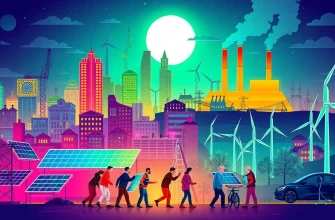- Who Killed the Electric Car? (2006)
- An Inconvenient Truth (2006)
- The Age of Stupid (2009)
- Black Gold (2006)
- Crude (2009)
- Gasland (2010)
- The Great Invisible (2014)
- The Power of Community: How Cuba Survived Peak Oil (2006)
- The End of Suburbia: Oil Depletion and the Collapse of the American Dream (2004)
- A Crude Awakening: The Oil Crash (2006)
In an era where energy consumption is at an all-time high, understanding the complexities of energy crises has never been more crucial. This curated selection of documentaries delves into the heart of energy issues, from the depletion of resources to the geopolitical tensions they ignite. Whether you're an environmental enthusiast, a policy maker, or simply curious about the future of our planet, these films provide a rich tapestry of insights, facts, and compelling narratives that shed light on one of the most pressing issues of our time.
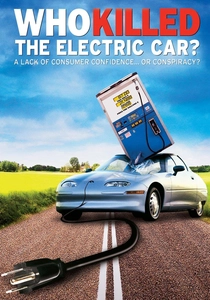
Who Killed the Electric Car? (2006)
Description: This documentary investigates the rise and fall of the electric car in the U.S., highlighting the energy crisis through the lens of automotive innovation and corporate interests.
Fact: It inspired a sequel, "Revenge of the Electric Car," which documents the resurgence of electric vehicles.
 Watch Now
Watch Now
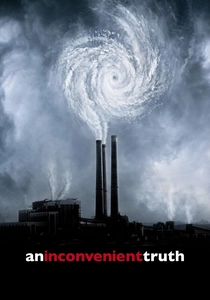
An Inconvenient Truth (2006)
Description: Al Gore's presentation on global warming and its connection to energy consumption is both educational and alarming, making it a must-watch for understanding the energy crisis.
Fact: It won two Academy Awards, including Best Documentary Feature.
 Watch Now
Watch Now
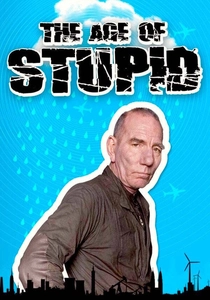
The Age of Stupid (2009)
Description: This film imagines a future where climate change has ravaged the Earth, and an archivist reflects on why humanity failed to address the energy crisis. It's a poignant look at our collective inaction.
Fact: The film was crowdfunded, making it one of the first feature films to use this method for financing.
 Watch Now
Watch Now
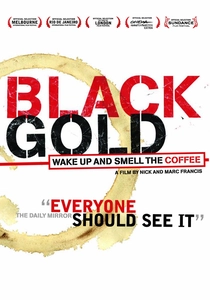
Black Gold (2006)
Description: Following the coffee trade from Ethiopia to the West, this film indirectly touches on energy crises by exploring the economic impacts of global trade and energy consumption.
Fact: The film was shot over three years, capturing the lives of Ethiopian coffee farmers.
 30 Days Free
30 Days Free
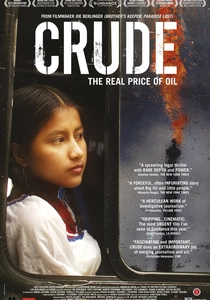
Crude (2009)
Description: This documentary follows the legal battle against Chevron for environmental damage in Ecuador, showcasing the human cost of the energy industry's practices.
Fact: The film was shot over three years, capturing the unfolding legal drama.
 30 Days Free
30 Days Free
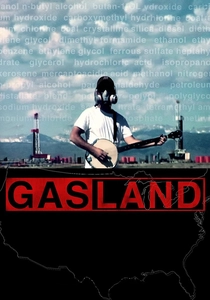
Gasland (2010)
Description: Josh Fox's investigation into the natural gas industry's fracking practices reveals the environmental and health impacts, highlighting the energy crisis from a grassroots perspective.
Fact: The film led to significant public debate and regulatory changes regarding fracking.
 30 Days Free
30 Days Free
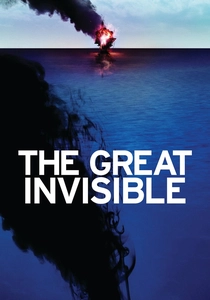
The Great Invisible (2014)
Description: Focused on the Deepwater Horizon oil spill, this film explores the aftermath and the broader implications for energy policy and environmental safety.
Fact: It premiered at the Sundance Film Festival and was critically acclaimed for its in-depth look at the disaster.
 30 Days Free
30 Days Free

The Power of Community: How Cuba Survived Peak Oil (2006)
Description: This documentary examines how Cuba adapted to an energy crisis after the Soviet Union's collapse, offering lessons in resilience and community-based solutions.
Fact: It's often cited in discussions about sustainable living and energy independence.
 30 Days Free
30 Days Free

The End of Suburbia: Oil Depletion and the Collapse of the American Dream (2004)
Description: This film explores the concept of peak oil and its implications for suburban living, offering a stark warning about the future of energy consumption.
Fact: It's considered a seminal work in the peak oil movement.
 30 Days Free
30 Days Free

A Crude Awakening: The Oil Crash (2006)
Description: This documentary provides a comprehensive look at the global oil crisis, from historical context to future predictions, making it a key film in understanding energy crises.
Fact: It features interviews with experts like Matthew Simmons, a prominent energy investment banker.
 30 Days Free
30 Days Free









